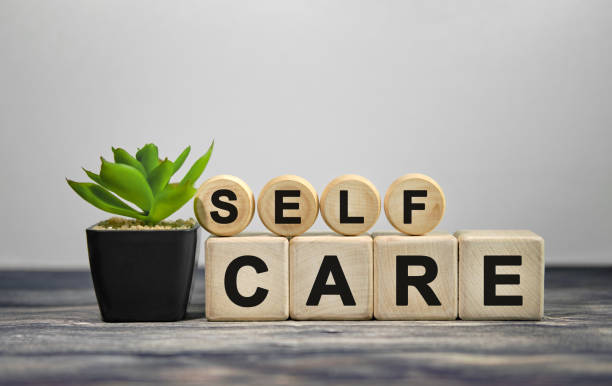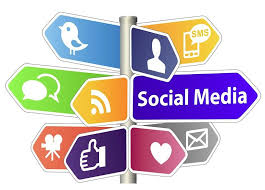Last weekend was Easter Holiday and many of us took the time to take a break and visit friends and family. Others, like me, took a vacation. I wanted to be very intentional with this holiday, and so I left my work laptop at home in case I’d be tempted to work. I wanted to disconnect. The one thing I didn’t leave, however, was my phone. I mean, who would? But when one says they are going to disconnect, doesn’t it mean to stay away from all gadgets and just enjoy their holiday? Why then, is it so difficult to do this? What is this pressure to always be ‘on’ and share almost every detail of our life? Join us today as we unravel this.

In this era of technology, we are constantly connected and expected to be available 24/7. There are always some notifications, emails, messages, and social media updates, making it difficult to switch off and disconnect from work and social pressures. This constant pressure to always be ‘on’ can contribute to burnout, anxiety, and other mental health struggles. Today, we’ll look at the causes and effects of this pressure, and share some tips for managing burnout and prioritizing one’s self-care in this digital age.
The pressure to always be ‘on’ is caused by a combination of factors, including:
- Work culture: Many companies have a culture of overworking and burnout, where long hours and high productivity are valued over work-life balance and employee well-being. This can create a culture of presenteeism, where employees feel pressure to be constantly connected and available, even outside of work hours.
- Social media: Social media can also contribute to the pressure to always be ‘on’. We are constantly bombarded with updates and notifications and feel the pressure to respond and engage with others online in the name of connecting. This can lead to a constant need for validation and connection, which can be exhausting and can sometimes contribute to burnout.
- Fear of missing out (FOMO): FOMO is the fear of missing out on events, work opportunities, or other experiences that your friends or peers are attending or what seems to be the in thing. People are always sharing on their stories, feeds, streaks, etc whenever they attend an event or gathering that is ‘cool’. In the digital age, social media can magnify FOMO, as we see other people’s lives and accomplishments online and feel pressure to keep up.

However, this pressure to always be ‘on’ can have a number of negative effects on our mental health, including:
- Burnout – the state of emotional, physical, and mental exhaustion caused by prolonged stress and overwork. The pressure to always be ‘on’ can contribute to burnout, as we feel pressure to constantly be productive and available even when we need to be taking a break.
- Anxiety – the constant pressure to perform and be available can also contribute to anxiety. We may worry about missing important events, texts, and emails, or feel anxious about responding quickly enough.
- Depression – the constant pressure to be ‘on’ and always connected can also contribute to feelings of loneliness and isolation, which can contribute to depression.

Today, we have looked at what causes this constant pressure to always be ‘on’ and not disconnected even for a short time. We have also looked at the effects that this could have on our mental health and well-being. Join us next week as we learn how to manage these effects despite the pressure around us.
Sharonah ❤❤❤
